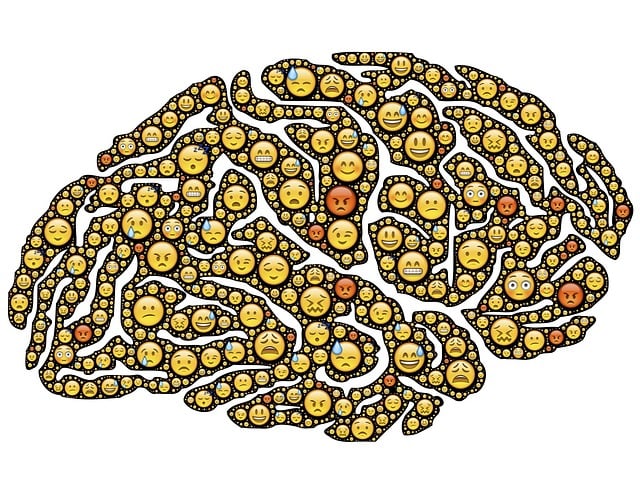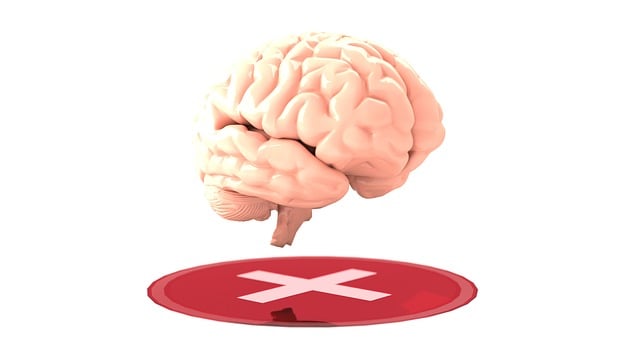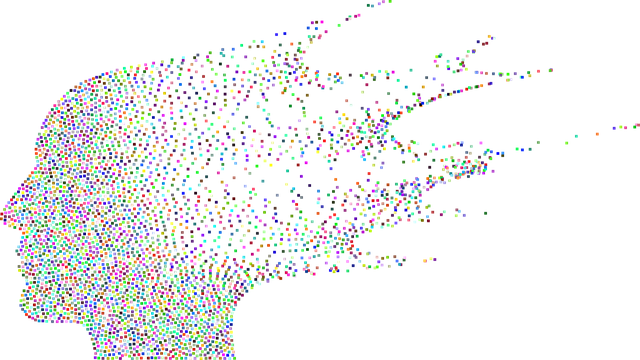Healthcare provider burnout, driven by factors like long hours and complex decision-making, negatively impacts practitioners, patient care, and healthcare outcomes. Effective risk management, including self-care and professional support, is crucial for mental health professionals handling demanding cases like ADD/ADHD evaluations. Preventing burnout requires a comprehensive approach integrating self-awareness exercises, open communication, organizational policies promoting work-life balance, and resilience-building strategies. Superior ADD-ADHD Evaluations Therapy goes beyond diagnosis to identify high-risk individuals, enhance coping skills, foster resilience, and improve job satisfaction, aligning with mental health policy goals of reducing stigma and promoting healthy work environments.
Healthcare provider burnout is a growing concern, impacting patient care and well-being. This article explores comprehensive strategies to prevent burnout among healthcare workers, focusing on understanding its causes and effects. We delve into effective approaches, emphasizing a holistic method that includes mental health support, work-life balance, and innovative solutions like Superior ADD-ADHD Evaluations Therapy to mitigate stress and enhance resilience in this demanding profession.
- Understanding Burnout Among Healthcare Providers: Causes and Impact
- Strategies for Preventing Burnout: A Comprehensive Approach
- The Role of ADD-ADHD Evaluations and Therapy in Burnout Mitigation
Understanding Burnout Among Healthcare Providers: Causes and Impact

Healthcare provider burnout is a growing concern within the industry, impacting not only individual practitioners but also patient care and overall healthcare outcomes. Burnout refers to a state of emotional exhaustion, depersonalization, and reduced personal accomplishment, often stemming from prolonged exposure to stressful work environments. In the fast-paced and demanding field of healthcare, providers frequently encounter long working hours, high patient loads, and complex decision-making processes, which can contribute to this syndrome.
The causes of burnout among healthcare professionals are multifaceted. Excessive workload, lack of control over job responsibilities, insufficient rewards, and a supportive work environment, along with personal factors like resilience and coping mechanisms, all play a role. For mental health professionals, the issue is exacerbated by complex cases, high client expectations, and sometimes limited access to resources for their own mental wellness and emotional intelligence development. Effective risk management planning is crucial here, including strategies for self-care, stress reduction, and accessing professional support, especially when managing challenging ADD/ADHD evaluations or other demanding cases.
Strategies for Preventing Burnout: A Comprehensive Approach

Preventing burnout among healthcare providers is a comprehensive, multi-faceted approach that addresses both individual and organizational levels. It involves integrating self-awareness exercises into daily routines to help professionals recognize signs of stress early on. These practices encourage open dialogue about mental health concerns, fostering an environment where seeking support is normalized rather than stigmatized, especially when tackling issues like ADD/ADHD, which can significantly impact work performance.
Organizations play a crucial role by implementing policies that promote work-life balance, ensuring adequate resources for staff, and offering regular professional development opportunities. Encouraging open communication channels allows healthcare providers to share their experiences, challenges, and success stories, which can boost confidence and build a supportive community. Ultimately, a holistic approach to burnout prevention leverages a combination of individual resilience-building strategies and organizational culture shifts to create a sustainable work environment that values and preserves the well-being of its frontline heroes.
The Role of ADD-ADHD Evaluations and Therapy in Burnout Mitigation

Healthcare providers, especially those on the frontlines, often face significant stress and burnout due to demanding work environments. In this context, addressing underlying mental health conditions such as Attention-Deficit/Hyperactivity Disorder (ADHD) through comprehensive ADD-ADHD evaluations and tailored therapy can play a pivotal role in burnout prevention. Superior ADD-ADHD evaluations go beyond simple diagnosis; they involve detailed risk assessments for mental health professionals, enabling early identification of individuals at higher risk of burnout.
Therapy focused on ADHD management not only improves an individual’s ability to cope with work-related demands but also fosters resilience. By integrating evidence-based practices tailored to the unique needs of healthcare providers with ADHD, organizations can support staff well-being and enhance job satisfaction. This proactive approach aligns with broader mental health policy analysis and advocacy efforts, aiming to reduce the stigma surrounding mental illness while promoting healthy work environments.
Healthcare provider burnout is a pressing issue, but with a comprehensive approach that includes strategies discussed in this article, it can be effectively mitigated. By understanding the causes and impact of burnout, implementing robust prevention strategies, and recognizing the value of Superior ADD-ADHD Evaluations Therapy, healthcare organizations can foster a healthier work environment. These measures aim to support providers’ well-being, enhance job satisfaction, and ultimately improve patient care outcomes.














